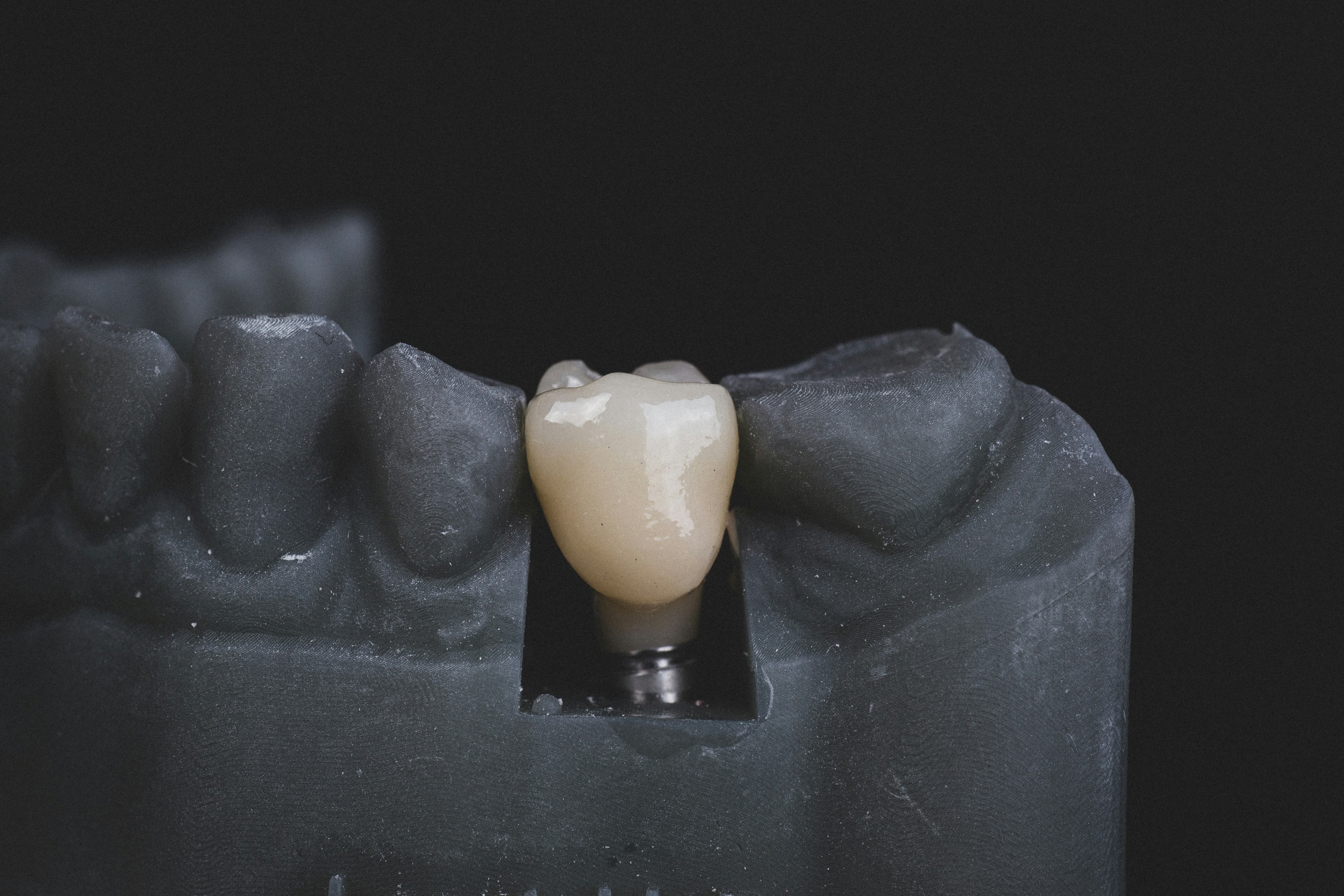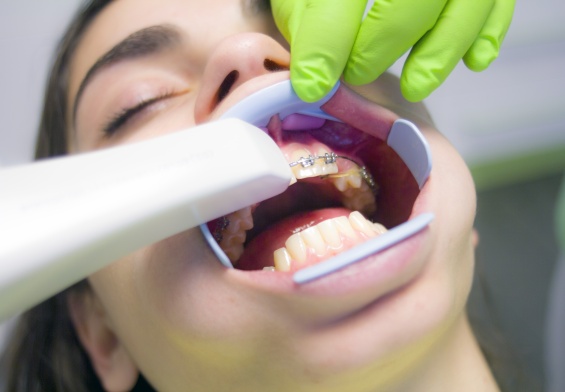The journey towards achieving a perfect smile often leads many to consider dental implants, a cornerstone in modern cosmetic dentistry known for its ability to restore not just the aesthetics of a smile, but its functionality too. With over half of Americans aged 35 to 45 having experienced tooth loss, according to the American Association of Oral and Maxillofacial Surgeons, the quest for a durable solution is more prevalent than ever. Dental implants offer a beacon of hope, providing a more permanent and natural-looking solution than traditional dentures or bridges. Since their endorsement by the American Dental Association in 1986, dental implants have surged in popularity, evolving into one of the most sought-after cosmetic dental procedures today.
Dental implants are designed to replace missing teeth, offering a stability and durability that dentures simply cannot match. By integrating with the bone, they prevent the bone loss typically associated with tooth loss, maintaining the natural facial structure and ensuring the health of the remaining teeth. The procedure, which may involve one or more surgical interventions, is tailored to the unique needs of each patient, taking into consideration the health of their gums and the density of their jawbone. This personalized approach ensures that each implant not only looks natural but feels and functions like a natural tooth, restoring the patient’s ability to eat, speak, and smile with confidence.
The Dental Implant Procedure: What to Expect
Embarking on the dental implant journey requires a commitment to a process that spans several months to a year, beginning with a surgical procedure to place the implant into the jawbone. This initial stage involves the use of local or general anesthesia, ensuring patient comfort as the cosmetic dentist prepares the site for the implant. Following the placement of metal cylinders, plates, or titanium screws, patients may need to adhere to a diet of soft foods and may receive a temporary denture to cover any gaps during the healing process. The subsequent steps include the attachment of an abutment and the customization of the artificial tooth, culminating in a securely anchored implant that seamlessly blends with the surrounding teeth.
Exploring the Types of Dental Implants
Understanding the types of dental implants available is crucial for those considering this transformative procedure. The most common implants include root form, plate form, and intramucosal implants, each serving different patient needs:
- Root Form Implants: Ideal for patients with sufficient jawbone width and depth, these endosteal implants are secured in place through a surgical procedure, offering a robust foundation for the artificial tooth.
- Plate Form Implants: Tailored for individuals with narrower jawbones, plate form implants provide a viable alternative, ensuring stability and support even in less ideal anatomical conditions.
- Intramucosal Implants: Unlike the other types, intramucosal implants are designed to work in conjunction with dentures, offering enhanced stability and comfort for denture wearers.
Maintaining Your Dental Implants for Longevity
Once your dental implants are securely in place, ensuring their longevity becomes a priority. Dental implants are designed to last a lifetime with proper care, mirroring the maintenance requirements of natural teeth. Key to their upkeep is a robust oral hygiene routine that includes regular brushing, flossing, and dental check-ups. Brushing twice a day with a soft-bristled toothbrush and using floss specifically designed for implants can help prevent plaque buildup, which is crucial for avoiding peri-implantitis, a condition similar to gum disease that can affect the stability of the implant.
Moreover, regular dental visits are essential for the long-term success of dental implants. During these visits, your dentist can monitor the health of your implants, gums, and surrounding teeth, ensuring that any potential issues are addressed promptly. Professional cleanings, at intervals recommended by your dentist, will help maintain the health of your gums and the integrity of your implants. Avoiding habits such as smoking, which can impair healing and affect the health of the gum tissue, is also vital for the longevity of your dental implants.
The Impact of Dental Implants on Overall Oral Health
Dental implants do more than just restore the appearance of your smile; they play a significant role in maintaining and improving overall oral health. Unlike traditional bridges, dental implants do not require altering adjacent teeth, which preserves the natural tooth structure and promotes a healthier oral environment. By filling the gap left by missing teeth, implants prevent the shifting of surrounding teeth, maintaining proper alignment and reducing the risk of jawbone deterioration.
Furthermore, dental implants stimulate the jawbone, mimicking the natural process of bone regeneration associated with natural teeth. This stimulation helps prevent bone loss, preserving the facial structure and preventing the sunken appearance often seen with tooth loss. The ability to chew properly restored by dental implants also contributes to better nutrition, impacting overall health positively.
By offering a solution that closely resembles natural teeth in function and appearance, dental implants not only enhance the quality of life for individuals with tooth loss but also contribute to a healthier mouth and body. Whether you’re considering dental implants for cosmetic reasons or functional restoration, understanding their benefits and maintenance requirements can help you make an informed decision and ensure the success of your treatment.
Weighing the Risks and Ensuring Eligibility
While dental implants boast a high success rate, it’s important for potential candidates to be aware of the risks, which, though rare, can include rejection, infection, sinus issues, and nerve damage. A thorough evaluation by a cosmetic dentist is essential to determine suitability for the procedure, taking into account the patient’s overall health, the condition of their gums, and any existing medical conditions that may affect the outcome.
Dental implants have revolutionized the field of cosmetic dentistry, offering individuals suffering from tooth loss a chance to reclaim their smiles and confidence. By providing a solution that closely mimics the look, feel, and function of natural teeth, dental implants have become a preferred choice for those seeking to enhance their oral health and appearance. If you’re exploring options to replace missing teeth, consulting with a cosmetic dentist about dental implants could be the first step towards a brighter, more confident smile.




